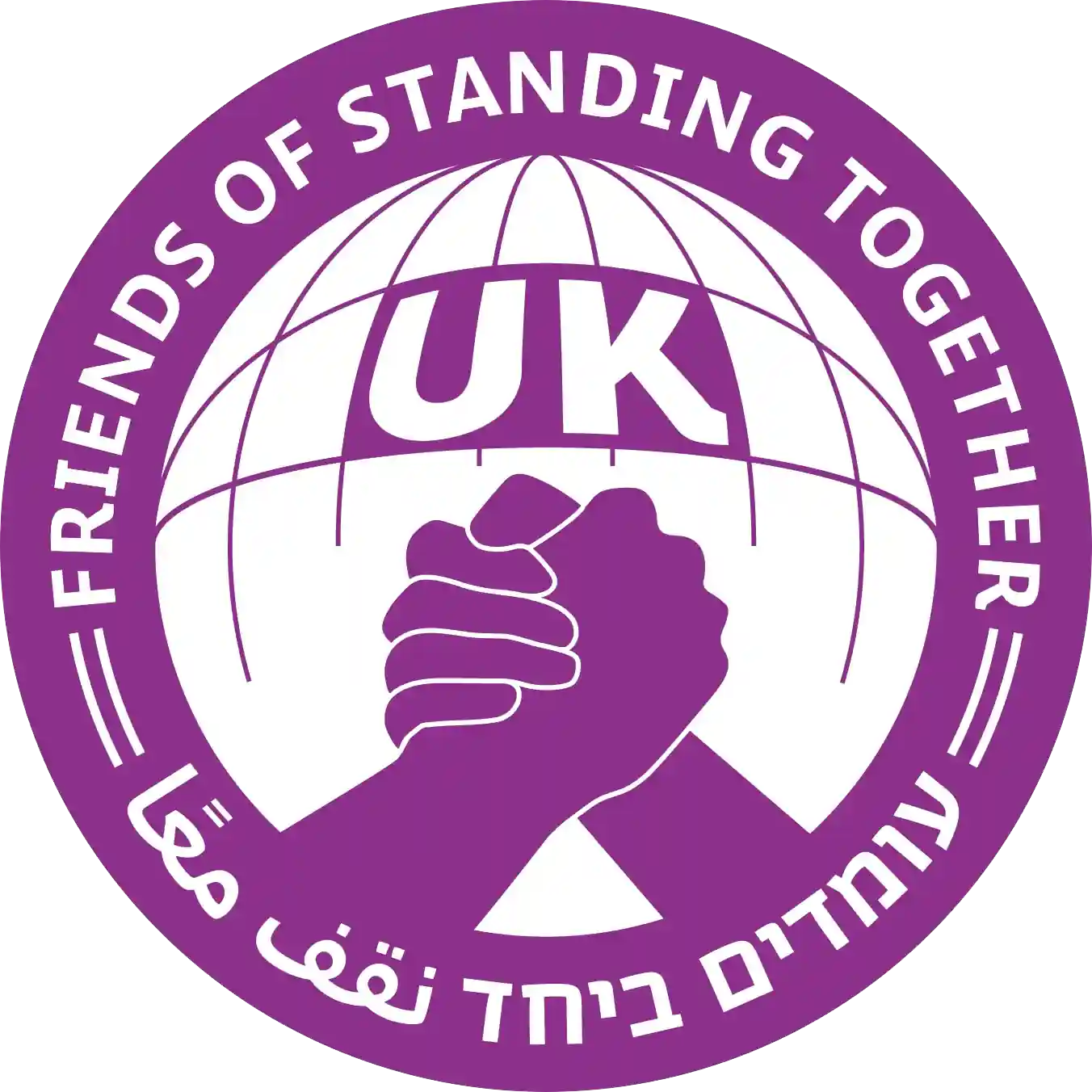A report on Standing Together’s recent activity, 11 March
We share a report from Standing Together’s National Field Organiser Uri Weltmann on the movement’s latest activity.
Images of the mass humanitarian catastrophe in the Gaza Strip fill the news throughout the world. People of conscience are horrified to learn about the dire lack of food, clean drinking water, and basic medical supplies. Israeli media, however, is hesitant to report about the hunger and the unfolding disaster, allowing cynical Israeli politicians to delve in denialism.
We in Standing Together called last week for people to donate food for an emergency aid convoy for Gaza, that will try to bring these much needed supplies to the Kerem Shalom border crossing, where humanitarian relief agencies will be able to dispense it to the civilian population in Gaza Strip. Hundreds of Israeli citizens – both Jewish and Palestinian – brought food supplies to Standing Together offices in Tel-Aviv and Haifa:
Dozens of cars joined our convoy on Thursday, carrying food and making a statement:
However, upon approaching the border crossing, the Army and the police stopped our aid convoy and prevented it from reaching its destination:
Israeli daily newspaper Ha’aretz reported about this aid convoy in its English language edition.
The progressive US news program The Young Turks (TYT) also reported on this:
This Wednesday (13 March), we will attempt once more to get the food across to Gaza:
Hopefully, we will be able to reach the border crossing, without being blocked by the army.
Alon-Lee Green, our National Co-Director, spoke to Sky News about our fight for a ceasefire agreement that would stop the killing of innocent civilians in Gaza, and allow for the safe return of the Israeli hostages to their families:
On 27 February, local elections were held in Israel. Originally planned to take place in October, they were postponed because of the war. Held once every five years, these elections determine the makeup of the municipal councils, which run the affairs of cities and towns, approve budgets, and devise local policy.
In the months prior to the elections, two new urban movements emerged in Tel-Aviv and in Haifa, that were in ideological affinity to Standing Together, and contested the local elections successfully, to win representation for the first time.
In Tel Aviv, the local movement Purple City is headed by Itamar Avneri, a member of the leadership of Standing Together. The movement brought together a coalition of mostly young urban youth, around questions of housing and climate justice, and in September joined forces with other forces on the Left, to form an electoral coalition called “We Are All the City”.
The coalition captured 14,882 votes (7.6% of the total votes), winning three seats out of 31 in the city council. Itamar Avneri – ranked number three in the slate of candidates put forward by the coalition – was thus elected city councilor.
in Haifa, the local movement The City’s Majority, headed by Sally Abed, a member of the leadership of Standing Together, contested the elections by itself, without partnering with any of the existing formation of the Left. Winning 3% of the vote (3,451 votes), it was able to elect a single city councilor, a position to be occupied by Sally.
This was the first time a slate of candidates for the city council of Haifa was headed by a Palestinian woman. Also, the slate included, for the first time in Israel’s electoral history, an openly gay Palestinian activist, Orwa Adam, who was ranked number three in the list.
Both of these local movements were joint Jewish-Arab movements, and both of them – while organizationally, legally and financially independent from Standing Together, as required by the electoral laws in Israel – were recognized publically to be in line with Standing Together’s “brand” of politics.
This experience, of successful electoral breakthroughs from below, is of importance in the challenge of forming a new, viable, people’s Left in Israel. One that is grassroots based, internationalist in its orientation, and grounded in Socialist values. This will be the main challenge in the coming years for everyone who hopes for the emergence of a combative Left in Israel, able to challenge mainstream institutional hegemony and build power around an alternative political project.

